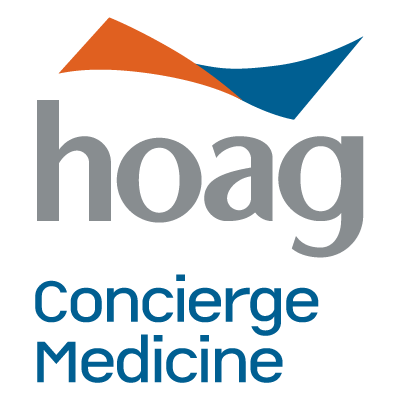Personalized medicine, also known as precision medicine, represents a transformative approach in the medical field, focusing on the customization of healthcare, with medical decisions, treatments, practices, and products being tailored to the individual patient. This revolutionary approach diverges from the traditional one-size-fits-all model, leveraging advances in technology, genetics, and data analysis to understand the unique biological makeup of each patient. Personalized medicine promises to enhance the effectiveness of treatment, minimize side effects, and improve overall healthcare outcomes. This article explores the concept, its benefits, challenges, and its potential to redefine healthcare.
Understanding Personalized Medicine
Personalized medicine is grounded in the understanding that individuals respond differently to medications and treatments. This is due to genetic, environmental, and lifestyle factors. By analyzing a person’s genetic makeup, healthcare providers can predict which treatments and medications work best for each patient. This approach is already making significant inroads in various areas, including oncology, cardiovascular diseases, and diabetes management. Hoag Concierge Medicine physicians use precision medicine and other practices like internal medicine, to bring comprehensive treatment options to patients.
Hoag also has an executive health program for individuals and for business.
The Role of Genomics and Biotechnology
At the heart of personalized medicine is genomics—the study of an individual’s genes and their function. Advances in genomics have led to the development of genetic testing that can identify specific biomarkers associated with certain diseases, helping to predict an individual’s risk of developing specific conditions. Moreover, biotechnology has facilitated the development of targeted therapies that can attack cancer cells without harming surrounding healthy tissue, for example.
Data Analytics and Artificial Intelligence
The effective implementation of personalized medicine relies heavily on the ability to analyze vast amounts of data. Artificial intelligence (AI) and machine learning algorithms play a crucial role in sifting through genetic information, medical histories, and research data to identify patterns and predict which treatments will be most effective for individual patients. This data-driven approach enables healthcare providers to make more informed decisions and offer tailored treatment plans.
Benefits of Personalized Medicine
The benefits of personalized medicine are profound and multifaceted. By focusing on the individual rather than the average, it offers the potential for:
Increased treatment efficacy
Personalized treatment plans can lead to better health outcomes by targeting specific aspects of a disease based on an individual’s genetic makeup.
Reduced side effects
Tailoring medication and dosage can minimize the risk of adverse reactions, improving the patient’s quality of life.
Preventive healthcare
Genetic testing can identify individuals at high risk for certain diseases, allowing for early intervention and preventive measures.
Cost-effectiveness
While the upfront costs may be higher, personalized medicine has the potential to reduce overall healthcare costs by eliminating ineffective treatments and avoiding adverse drug reactions.
Challenges and Considerations
Despite its promising benefits, the implementation of precision medicine faces several challenges:
Ethical and Privacy Concerns
The use of genetic data raises questions about privacy, consent, and the potential for genetic discrimination.
Access and inequality
There is a concern that the high cost of personalized treatments may exacerbate healthcare inequalities, limiting access to those who can afford it.
Regulatory Hurdles
The unique nature of personalized therapies presents challenges for regulatory approval processes, which are traditionally designed for more generalized treatments.
Clinical Adoption
Integrating personalized medicine into everyday clinical practice requires changes in healthcare infrastructure, training, and mindset among healthcare providers.
The Future of Personalized Medicine
As research continues and technology advances, the scope of precision medicine is expanding. The future may see the development of more sophisticated genetic tests, the widespread use of AI in diagnostic processes, and the creation of increasingly targeted therapies. Efforts are underway to address ethical, regulatory, and access challenges, aiming to make personalized medicine a standard part of healthcare.
One of the most exciting aspects of personalized medicine is its potential to transform not just treatment but prevention. With a deeper understanding of genetic predispositions and environmental factors, healthcare can become truly proactive, focusing on preventing diseases before they occur.
Get Your Personalized Medicine Health Plan Today
Personalized medicine stands at the forefront of a healthcare revolution. It offers a new paradigm that is more precise, effective, and patient-centered. While challenges remain, the potential benefits of personalized medicine in enhancing patient care and reducing healthcare costs are immense. As we continue to unlock the secrets of the human genome and harness the power of data analytics, precision medicine is poised to redefine healthcare. The journey towards fully personalized healthcare is complex and ongoing, but the promise it holds for a more efficient healthcare system makes it an endeavor worth pursuing.

